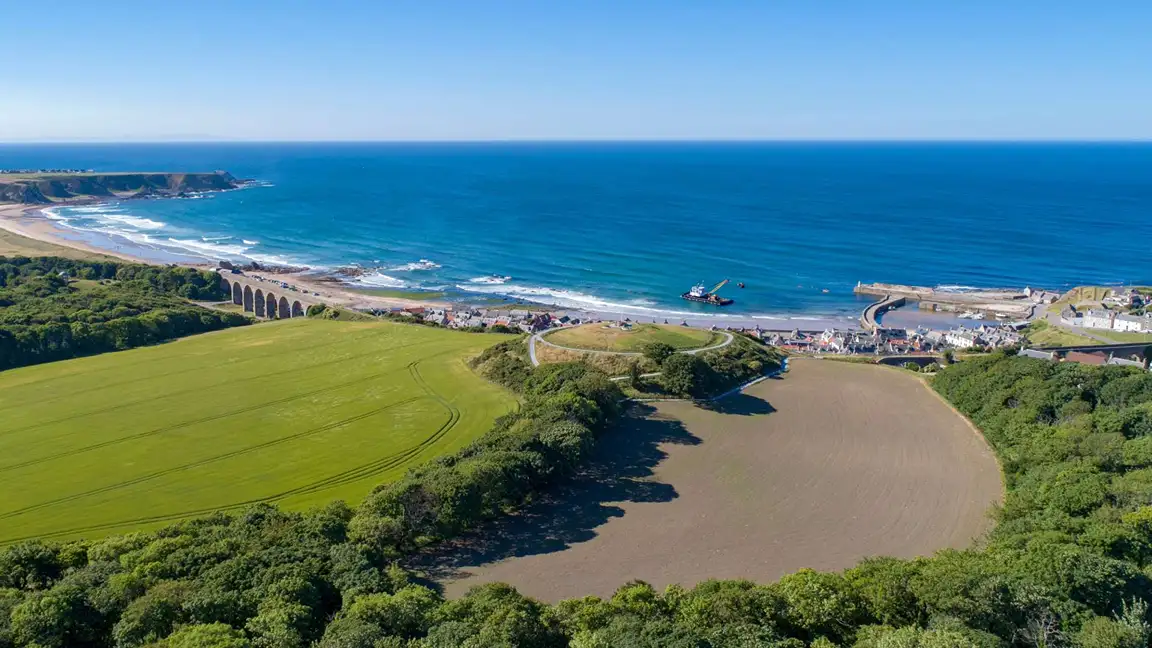Introduction
The Northern Territory Government has initiated emergency dredging at Cullen Bay to ensure the uninterrupted operation of ferry services vital to regional mobility. With sediment buildup threatening access at low tide, the Cullen Bay dredging project has been expedited to preserve safe navigation and service reliability for more than 150,000 annual ferry passengers.
This critical measure is aimed at restoring and maintaining NT ferry services that connect Darwin with Mandorah, the Tiwi Islands, and surrounding communities—areas where ferry transport is not just convenient but essential for daily life.
Why Cullen Bay Dredging Is Urgently Required
Cullen Bay is a key transportation hub in the Northern Territory, supporting thousands of ferry trips each year. However, seasonal sedimentation has rapidly filled the access channel and basin, leading to delayed or canceled services during low tides. The situation jeopardizes connectivity for commuters, tourists, and residents of remote coastal areas.
Recognizing the severity of the issue, the government fast-tracked an emergency dredging Darwin initiative to avoid further disruptions and safeguard accessibility.
Swift Government Action to Protect NT Ferry Services
Infrastructure Minister Bill Yan underscored the importance of acting promptly:
“Ferry services from Cullen Bay are a vital link for so many Territorians. We’re getting this project underway earlier than expected to keep people connected, protect access, and ensure services continue safely and reliably.”
The government’s decision to act quickly reflects the critical role of NT ferry services in connecting regional communities and supporting economic activity. SeaLink currently operates around 150 services to the Tiwi Islands and more than 4,000 services to and from Mandorah annually.
Project Execution and Timeline
The Cullen Bay dredging operation will be conducted 24/7 to significantly reduce the project duration. This approach ensures that Cullen Bay will be fully functional ahead of the scheduled July 2025 opening of the new Mandorah Marine Facility.
The work includes clearing sediment from the Cullen Bay basin and access channel, with minimal disruptions anticipated. A portion of the beach and the overflow carpark will be closed temporarily during mobilization, and limited access to the ferry terminal may occur during peak dredging operations.
Minimizing Disruption and Planning for the Future
To mitigate inconvenience for passengers and nearby residents, the NT Department of Logistics and Infrastructure is coordinating closely with local operators. Notices to Mariners will be issued in advance of any access restrictions.
Minister Yan also emphasized that the government is looking ahead, securing long-term environmental approvals to streamline future maintenance dredging efforts. This proactive planning will help prevent the need for similarly urgent interventions in the future.
Strategic Importance of Cullen Bay Ferry Terminal
Cullen Bay isn’t just a transportation node—it is a crucial part of the Northern Territory’s public infrastructure. As the gateway between Darwin and communities like Mandorah, Belyuen, and the Cox Peninsula, the terminal supports tourism, commerce, and essential services.
The reliable function of NT ferry services from Cullen Bay is critical for maintaining regional connectivity, particularly for remote populations. By investing in this emergency dredging Darwin initiative, the government is reinforcing the terminal’s ability to serve Northern Territorians for years to come.
Conclusion
The NT Government’s expedited response to sedimentation at Cullen Bay reflects a strong commitment to infrastructure maintenance and community service. The Cullen Bay dredging project not only addresses an immediate operational concern but also enhances long-term resilience for vital NT ferry services.
As the region anticipates the opening of the new Mandorah Marine Facility, this dredging effort ensures that ferry passengers will continue to enjoy safe, reliable, and efficient transport. With round-the-clock operations and future-focused planning, the government is safeguarding a lifeline for thousands of Northern Territory residents.
